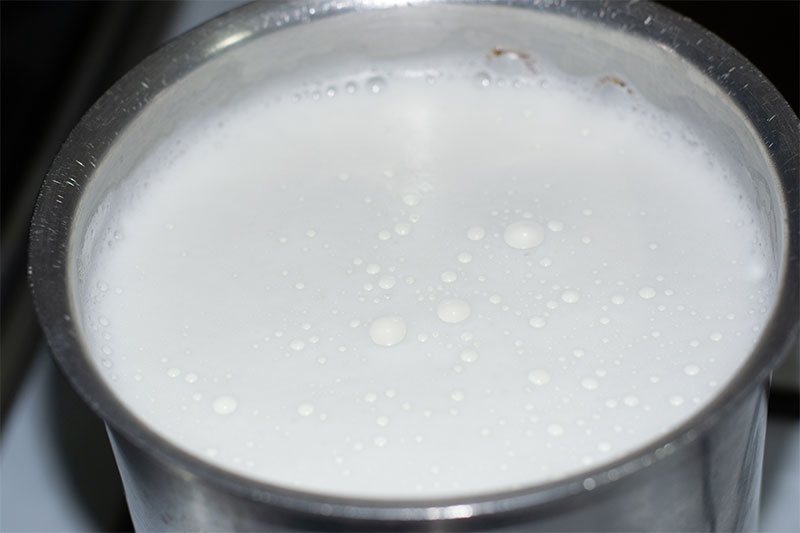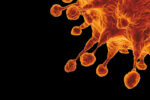
According to the U.S. Centers for Disease Control and Prevention (CDC), certain foods are far worse for your overall health after you turn sixty-five. Older adults are prone to food-borne diseases and conditions that typically wouldn’t affect younger people.
Of course, good eating habits are essential, no matter your age, but you can manage food that’s not that healthy when young. As you get older, your metabolism changes, and you’re not in the same shape to eat whatever you please, at least not without some nasty side effects. These are the foods to avoid after turning sixty-five to prevent food poisoning.
Undercooked or raw animal-sourced food
Eating undercooked beef, pork, chicken, turkey, seafood and even eggs can cause food poisoning, since most bacteria are still in the food. In fact, you must cook all meat products at least 145°F and 165°F for chicken and poultry. That’s the only way to guarantee all the harmful bacteria are dead.
Of course, for younger folk, a medium-rare steak is okay once in a while, but these foods become increasingly dangerous as you grow older. Your digestive system works slower, so the food stays longer in your intestines, and bacteria can cause trouble.
Unpasteurized milk and cheese

Unpasteurized milk is quite wholesome and flavorful but contains a lot of microorganisms. In fact, if you’re not used to drinking raw milk, chances are you’ll experience some diarrhea. We do not recommend raw milk for children under five and adults over sixty-five. If you want to try it and don’t fall into these categories, go ahead, under your own risk, of course.
Unpasteurized cheese is something else entirely. Cheese is a processed product, and the process itself eliminates most harmful organisms. Unpasteurized cheese is frowned upon in the United States, but it’s enjoyed everywhere else, literally. You might want to avoid unpasteurized cheese if over sixty-five, though.
Raw or lightly cooked sprouts
Sprouts, including alfalfa, broccoli sprouts, mung bean sprout and others, are incredibly healthy. In fact, they’re authentic nutrient-rich superfoods. The problem with these is that we consume them raw, and since they’re moist, they can host many dangerous microorganisms.
Generally, consuming sprouts is safe, but it might be risky if you’re a bit older. Still, you can always disinfect the sprouts just like you do with any vegetable. A few minutes with iodine or a choline-based vegetable disinfectant will do the trick. When in doubt, just skip the sprouts altogether. Why risk it?
Raw juices
Juice from fruit is also a great addition to your diet. Although a bit too sugary, juices have lots of fiber, vitamins and minerals. Anything from orange juice to beet juice and a whole lot of mixed juices and smoothies is a nice and tasty way to supplement your diet.
There’s a downside. Most juices are made with raw fruit and veggies, and sometimes they’re not even appropriately disinfected. That means that there might be a few microbes swimming in your juice. Harmful microorganisms in juice can cause a digestive problem, although they’re rarely serious concerns. Just take care of yourself and make your own juice.
Symptoms of Severe Food Poisoning
If you’re past sixty-five years old, then you’ll want to avoid the foods above. And if you think you ate something that upset your stomach, these are some symptoms to look out for:
Diarrhea, vomiting, stomach cramps and nausea, these all lead to dehydration. If you’ve developed an infection, you might experience a fever higher than 102°F. If you eat contaminated food, you should drink plenty of water and observe yourself. If the problem persists, talk to a doctor, as you might need to take antibiotics. Never medicate yourself and stay away from dubious food!



